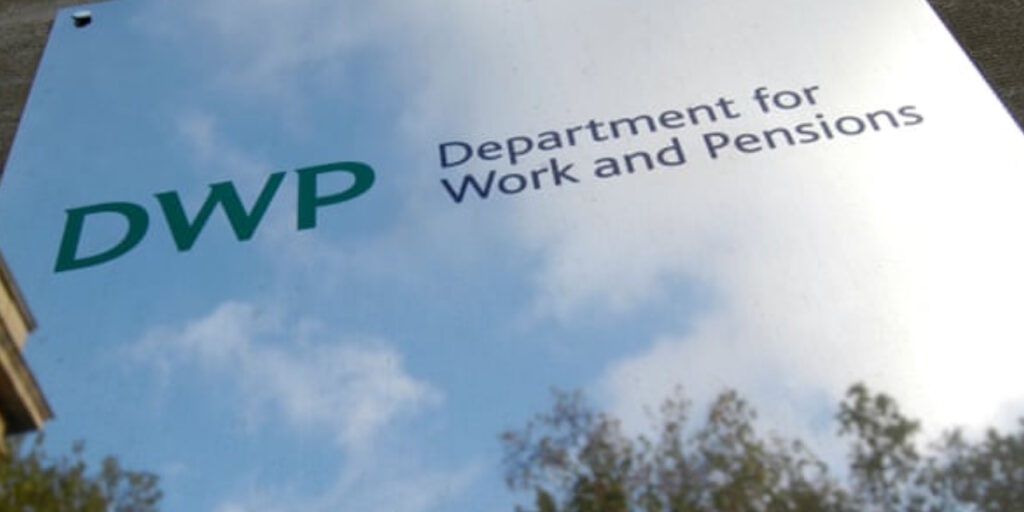Complaints about key public services in the UK have surged by more than a third since 2016, according to a report by leading think tank Demos.
Significant increases were noted in areas such as benefits, prisons, the NHS, and higher education.
The report revealed that between 2015-16 and 2023-24, complaints rose from 309,758 to 425,624—a jump of more than 100,000, excluding a brief dip during the pandemic.
Complaints about the Department for Work and Pensions (DWP) doubled during this period, while those relating to higher education increased by 70%.
The NHS saw a 20% rise in written complaints, reaching 241,922. Complaints about the DWP doubled to 120,509, while those concerning prisons and probation surged by 94% to 4,575.
Higher education complaints also rose sharply, climbing by 69% to 3,137.
However, complaints in some areas remained relatively stable, with local government and social care registering 15,438 and 2,982 complaints, respectively.
The findings come as Demos prepares to release its year-long taskforce report on the future of public services.
The report urges politicians to embrace reform, advocating for a shift in the control of public services from central government to local communities.
Polly Curtis, CEO of Demos, emphasised the urgency of reform, stating: “At their worst, public services feel like a battleground, where citizens must fight to get what they need.
It’s not only detrimental to users but also demoralising for those working in the sector. This contributes to declining public trust in the state and politicians.”
Curtis argued that empowering frontline professionals and devolving power to local communities could rebuild trust and improve service delivery.
The report highlights the potential of a “liberated method” of service delivery, as demonstrated by Changing Futures Northumbria in Gateshead.
Under this model, caseworkers are granted greater autonomy, provided they adhere to two principles: “stay legal” and “do no harm.”
Experts including Victor Adebowale, chair of the NHS Confederation, and former government officials such as Patricia Hewitt and Jonathan Slater advised the taskforce.
Demos estimates that returning public services to their pre-pandemic productivity levels by 2033 could boost annual output by £41 billion.
Labour leader Keir Starmer has made reforming public services a key priority, blaming Conservative governments for a decline in standards.
The UK faces crises in prisons, where overcrowding has led to early releases, and in the NHS, where waiting lists have ballooned, worsened by the Covid-19 pandemic.
Despite the impact of the pandemic, Demos’ data shows that complaints about many public services were already rising beforehand.
The taskforce’s findings will be unveiled at a public services summit later this week, featuring a keynote address by Georgia Gould, Minister for Public Services Reform.


